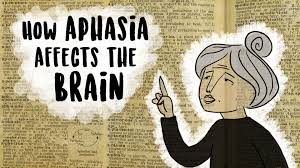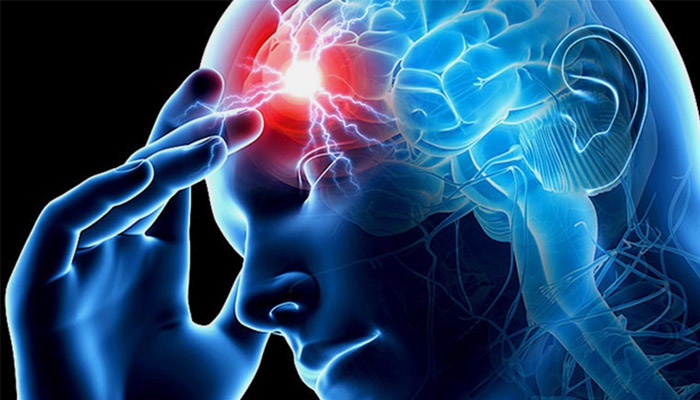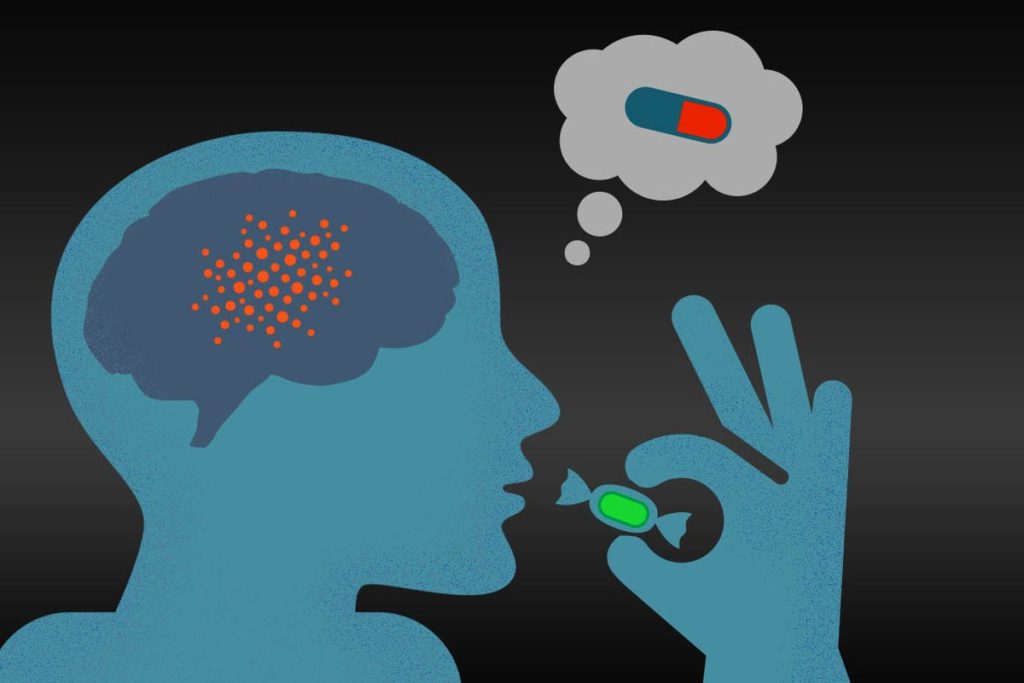Aphasia: The disorder that makes you lose your words

Have you ever been tongue-tied or at a loss of words?
Well, it turns out that sometimes this isn’t just because of minor confusions, rather a result of a disorder.
Contents
What is Aphasia?
This disorder can impair all aspects of communication. Basically, this conditions bars you from communicating with others as it hampers your ability to form words out of your thoughts.
One might think that its because it damages our intelligibility. However, that is not case. A person suffering form disorder is just as intelligent as any other person. They face problem translating their thoughts into a communicable medium. This causes them to using paraphasias, i.e. substitutions. For example, a person with this condition might mix words that come close to each other. So, they might call a dog a cat and vice versa, or confuse similar sounding word like house and horse. Additionally, the word they speak may also seem unrecognizable at times.
The Different types of Aphasia
Aphasia can be classified into categories:
- Fluent Aphasia: This is also known as Receptive Aphasia. The people suffering from this type of the disorder have difficulty comprehending others and formulate words that have no meaning. Moreover, this conditions renders them unable to point out their own speech errors.
- Non-Fluent Aphasia: This is also known as Expressive Aphasia. Contrary to the previous type of the disorder, people suffering from Non Fluent Aphasia may not face any comprehension problems but they make grammatical errors.
Why does Aphasia happen?
We know that the left hemisphere of the brain is responsible for language related issues since the Broca area is found in this portion of the brain. In addition to that, the Wernicke’s area just behind Broca’s area is also engaged in comprehension of language. Any damage caused to either or both of these areas leads to the impairment we have been discussing till now.
There are some other “non-language” areas within the brain that aid the people suffering from Aphasia with language comprehension.
Aphasia is much more common than Parkinson’s disease, yet it isn’t known by the majority.
There’s a worse case scenario of this disorder known as PPA- Primary Progressive Aphasia. This is in fact a form of Dementia, which has language loss as its first symptom.
Can this condition be treated?
In cases where Aphasia is the result of strokes or brain trauma, language can be improved through speech therapy. This is facilitated by our brain’s ability to repair itself known as Brain Plasticity.
Other methods of treatment include the use of technology like Transcranial Direct Current Stimulation or Transcranial Magnetic Stimulation which encourage Brain Plasticity in the ones suffering from the disorder.
These people often choose to remain in isolation due to the fear of being judged by others and miscommunication. It’s up to the rest of us to make them feel welcome in all kinds of situations by giving them time to articulate their thoughts.






Responses